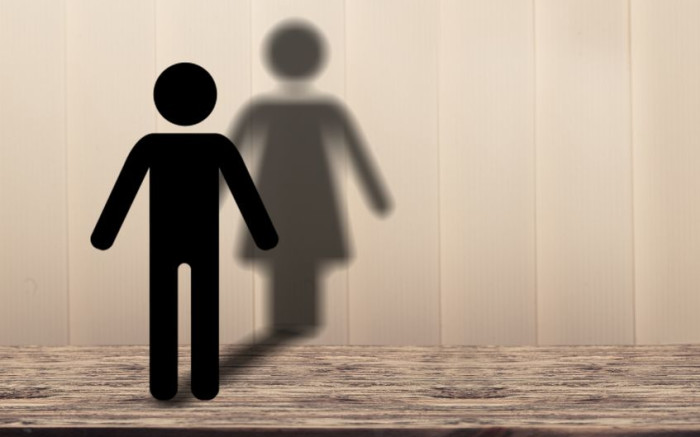How the trans community faces systematic discrimination when transitioning
The dynamics of transitioning can be challenging for the trans community.
FILE: Though not every trans person wants to undergo something like gender affirmation surgery, the lack of access and the invasive process to be able to transition needs to be scrutinized more. Picture: olegdudko/123rf.com
Clement Manyathela spoke to members of the trans community about the systemic microaggressions they confronted from the healthcare system upon deciding to undergo gender affirmation surgery.
Despite South Africa having one of the most progressive Constitutions in the world, the rights meant to protect the queer community are often not implemented on the ground.
This has led to societal and systematic discrimination of people based on their sexual orientation and gender identities – which is tantamount to human rights abuse.
Transitioning is, perhaps, one of the examples that are the most glaringly obvious.
Lehlogonolo Machaba, who belongs to the trans community, said the process was daunting and tedious as it involved psychiatric evaluation prior to undergoing sex reassignment surgery.
However, not every trans person wants to undergo the burdensome procedure – which lays bare challenges around access, among others.
Another issue that Machaba pointed out was the protracted period prior to the actual operation – which included taking hormone replacement therapy (HRT).
In order for a trans person to undergo sex reassignment surgery, they have to see a psychiatrist for, like, [six months] to a year so that they can, actually, diagnose them with gender dysphoria… They will have to take you through the whole process before you undergo the HRTs. They’ll have to appoint you a specific psychiatrist where you’ll undergo the whole six to twelve-month session.
Lehlogonolo Machaba
After that, you’ll undergo a trial period for a year or two so you’ll have to live the gender you desire to live for that period afterward. That’s when they will decide that you’re fit enough to undergo the sex reassignment surgery because they don’t want to make a mistake for a person to regret after undergoing the whole surgery since you’re not really comfortable within the gender you think you might be comfortable in.
Lehlogonolo Machaba
Another member of the trans community revealed how one-on-one sessions with professionals were “invasive” and “traumatic”.
What often ends up happening is that you’ll sit in a session with somebody and all of the questions that are being asked are so incredibly invasive. Even if you’re not talking about your gender or gender identity, it’s sometimes very traumatic for people to talk about their experiences that have been hurtful or harmful to them in some kind of ways.
Zoey Black
That session isn’t necessarily to assist you in dealing with any sort of issues that you may be struggling with, at the time. The purpose of that session is literally for them tick a box and, so, this requirement, then, becomes so invasive and unnecessary in a process of someone who understands who they are, who knows who they are, to access those services.
Zoey Black
Another trans, Yaya Mavundal said they should not be put in positions where they had to defend their identities and prove themselves worthy of recognition because it stripped away their agency.
To sit there and listen to someone tell you that you are not ready when you know that you are ready is kind of disturbing… It’s just so unfortunate that sometimes you are subjected to that you need to see a psychiatrist because of the need to make sure that you are ready, whereas, I think you’re the only person that really knows the truth. You know yourself better than anyone. No medical practitioner, or anyone, can tell you about yourself.
Yaya Mavundla
Mavundla added that one’s gender identity when it came to transitioning was in the hands of the system.
If a doctor reports that you are not ready, you are not going to go ahead because you’re not going to be accepted, anyway, because they need those results. Same thing when you go to home affairs to apply for your ID, you need those results. If you don’t have a letter from them, unfortunately, you can’t do anything.
Yaya Mavundla
This has led to trans activists and organisations advocating to root out the current assessment model – which is not vested in human rights.
This is part of the ongoing work that we are attempting to do around with the Department of Health, with the Department of Home Affairs, as well, to try and get those requirements done away with because they don’t seem to serve any sort of real function and they, sometimes, end up causing more harm than they intend to… The model that we’ve been working with is incredibly outdated, it’s incredibly pathologising. It really isn’t based on any sort of human rights-based framework.
Zoey Black
Scroll up for the full interview.
This article first appeared on 702 : How the trans community faces systematic discrimination when transitioning
For all the latest lifestyle News Click Here

